Devilsfutbol17
15+ Year Contributor
- 407
- 47
- Jul 27, 2007
-
Bellingham,
Washington
I was looking at my fuel line between the regulator and the fuel rail, and I noticed this stuff flaking off of the line. Does anybody know what this is or if I should be concerned about it? I have been running E85 in my car since the summer, but the car has sat for just a little over a month in the garage without being started at all.
I think my gauge is leaking the fluid inside of it too, it looks a little low and my regulator is covered in thin film of oil.
I think my gauge is leaking the fluid inside of it too, it looks a little low and my regulator is covered in thin film of oil.



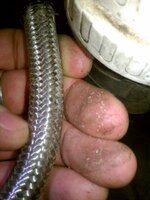
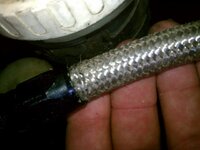
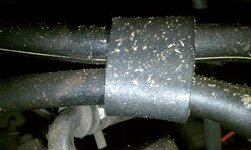
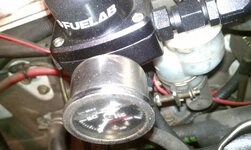
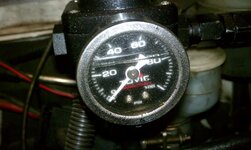

 " people wouldn't take a lighter directly to rubber fuel line to find out.
" people wouldn't take a lighter directly to rubber fuel line to find out.












